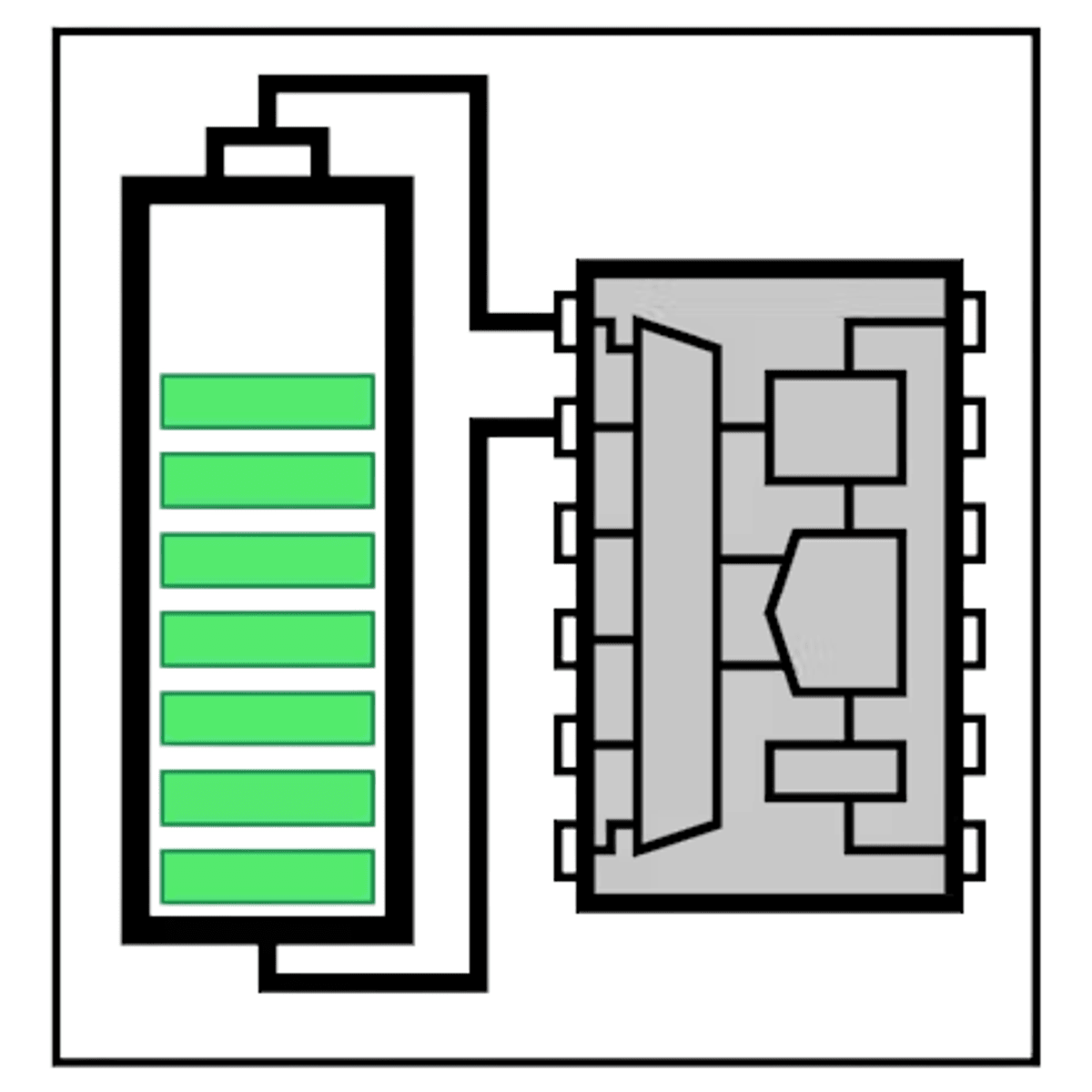
This course can also be taken for academic credit as ECEA 5730, part of CU Boulder’s Master of Science in Electrical Engineering degree.
This course will provide you with a firm foundation in lithium-ion cell terminology and function and in battery-management-system requirements as needed by the remainder of the specialization. After completing this course, you will be able to:
- List the major functions provided by a battery-management system and state their purpose
- Match battery terminology to a list of definitions
- Identify the major components of a lithium-ion cell and their purpose
Read more
This course can also be taken for academic credit as ECEA 5730, part of CU Boulder’s Master of Science in Electrical Engineering degree.
This course will provide you with a firm foundation in lithium-ion cell terminology and function and in battery-management-system requirements as needed by the remainder of the specialization. After completing this course, you will be able to:
- List the major functions provided by a battery-management system and state their purpose
- Match battery terminology to a list of definitions
- Identify the major components of a lithium-ion cell and their purpose
This course can also be taken for academic credit as ECEA 5730, part of CU Boulder’s Master of Science in Electrical Engineering degree.
This course will provide you with a firm foundation in lithium-ion cell terminology and function and in battery-management-system requirements as needed by the remainder of the specialization. After completing this course, you will be able to:
- List the major functions provided by a battery-management system and state their purpose
- Match battery terminology to a list of definitions
- Identify the major components of a lithium-ion cell and their purpose
- Understand how a battery-management system “measures” current, temperature, and isolation, and how it controls contactors
- Identify electronic components that can provide protection and specify a minimum set of protections needed
- Compute stored energy in a battery pack
- List the manufacturing steps of different types of lithium-ion cells and possible failure modes
What's inside
Syllabus
Battery Boot Camp
This week, you will learn some important terminology used to describe battery cells, and will learn the principles of operation of standard electrochemical battery cells.
Read more
Syllabus
Good to know
Save this course
Reviews summary
Battery management basics
Activities
Read "Batteries for Dummies"
Show steps
This book provides a comprehensive and easy-to-understand overview of battery technologies, which will complement and reinforce the concepts covered in the course.
Show steps
-
Purchase or borrow a copy of "Batteries for Dummies".
-
Read through the book at your own pace, focusing on the chapters most relevant to the course.
Help other students understand battery concepts
Show steps
Mentoring others will reinforce your understanding of battery concepts and enhance your communication skills.
Show steps
-
Identify opportunities to assist classmates or peers who need help with battery-related concepts.
-
Prepare clear and concise explanations of the concepts.
Develop a project proposal for a battery-powered device
Show steps
Creating a project proposal will allow you to apply your knowledge of battery systems to a real-world scenario and strengthen your understanding of the principles involved.
Show steps
-
Identify a potential application for a battery-powered device.
-
Research and gather information on the requirements and specifications for the device.
-
Design a battery system that meets the requirements of the device.
-
Develop a project proposal outlining your design and implementation plan.
Show all three activities
Read "Batteries for Dummies"
Show steps
This book provides a comprehensive and easy-to-understand overview of battery technologies, which will complement and reinforce the concepts covered in the course.
Show steps
- Purchase or borrow a copy of "Batteries for Dummies".
- Read through the book at your own pace, focusing on the chapters most relevant to the course.
Help other students understand battery concepts
Show steps
Mentoring others will reinforce your understanding of battery concepts and enhance your communication skills.
Show steps
- Identify opportunities to assist classmates or peers who need help with battery-related concepts.
- Prepare clear and concise explanations of the concepts.
Develop a project proposal for a battery-powered device
Show steps
Creating a project proposal will allow you to apply your knowledge of battery systems to a real-world scenario and strengthen your understanding of the principles involved.
Show steps
- Identify a potential application for a battery-powered device.
- Research and gather information on the requirements and specifications for the device.
- Design a battery system that meets the requirements of the device.
- Develop a project proposal outlining your design and implementation plan.
Career center
Battery Technician
Battery Scientist
Battery Engineer
Mechanical Engineer
Electrical Engineer
Materials Scientist
Chemical Engineer
Manufacturing Engineer
Quality Control Engineer
Project Manager
Technical Writer
Sales Engineer
Marketing Manager
Business Analyst
Financial Analyst
Reading list
Share
Similar courses
OpenCourser helps millions of learners each year. People visit us to learn workspace skills, ace their exams, and nurture their curiosity.
Our extensive catalog contains over 50,000 courses and twice as many books. Browse by search, by topic, or even by career interests. We'll match you to the right resources quickly.
Find this site helpful? Tell a friend about us.
We're supported by our community of learners. When you purchase or subscribe to courses and programs or purchase books, we may earn a commission from our partners.
Your purchases help us maintain our catalog and keep our servers humming without ads.
Thank you for supporting OpenCourser.



